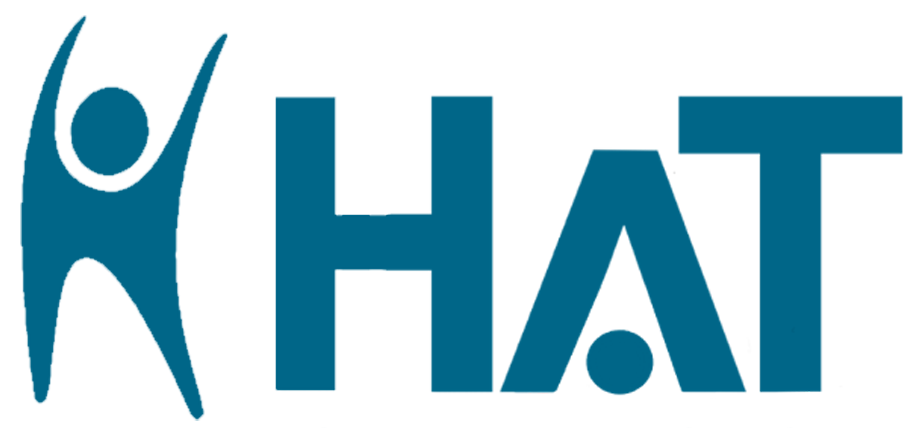Today’s presentation will be a virtual meeting.
Join Zoom Meeting https://us06web.zoom.us/j/971381033
“The Toronto By-election for Mayor: What makes a Good Mayor?”
Presented by Catherine Francis
On February 11, 2023, John Tory, Toronto's mayor, announced that he was stepping down after admitting to a lengthy affair with a young woman who had been on his staff part of the time.
Mr. Tory formally resigned a few days later, resulting in a leadership vacuum in Canada's largest city, with roughly 2.7 million people (note the Greater Toronto Area is much larger but the surrounding cities have their own mayors).
A by-election has been called for June 26, 2023. 102 possible mayoral candidates have thrown their hats in the ring.
Most are not serious contenders, but six front-runners have emerged, reflecting the diversity of our city. A list of the six front-runners with a brief discussion of their platforms is set out below.
This is obviously a very local issue i.e. of particular interest to Torontonians, but the by-election raises some larger questions of general interest:
What are the criteria for a good mayor?
How should mayors be elected? Should it be first past the post, weighted voting, run-off elections etc.?
How much power and authority should mayors have?
If you are not from Toronto, what system is used in your city? What powers does the mayor have?
Toronto, like many major cities, is facing serious issues, such as a huge budget deficit, the aftermath of the Covid 19 pandemic, reduced services, crumbling infrastructure, a homelessness crisis, gridlock, transit woes, violence and safety issues. What should the priorities be?
And last - for the Torontonians: who will you vote for (if you are telling) and why?
Set out below are the six front-runners, with their platform on Costs.
The link below also includes their platforms on Housing, Liveability, Public Safety, Tenants, Traffic and Transit.
https://newsinteractives.cbc.ca/features/2023/toronto-mayoral-platforms/#intro
Costs
Ana Bailão
Bailão has not released a fully costed platform, but has announced costs alongside promises. She has committed to keep property tax increases at or below the rate of inflation.
She says she would fight for a "new deal for Toronto" from other levels of government. That includes uploading DVP and Gardiner Expressway maintenance costs to the province, which she says would save $200 million annually.
Bailão estimates her plan to "fix the TTC" would cost $85 million, but she says the spending combined with service improvements would get more riders back on the network.
She says her fully implemented housing plan would cost $48.5 million and rely partly on money from the City Building Fund.
Brad Bradford
Bradford has not released a fully costed platform, but says he will have more details on paying for his plans.
He has promised to keep property tax increases at or below the rate of inflation. He's also pitched an open tendering process for construction projects, which he says will save the city more than $200 million each year.
Bradford has advocated for other levels of government to boost funding for certain areas, such as financial support from Ottawa for refugee housing needs, but he's also said the city needs to do more to improve its fiscal outlook.
Olivia Chow
Chow has not released a fully costed platform but has included information about funding for many commitments.
Chow says she would triple the Vacant Homes Tax to three per cent and use the revenue to build affordable housing. She has also proposed increasing the Municipal Land Transfer Tax on homes that sell for $3 million or more.
She says a "modest" increase to the property tax rate would be necessary but has not provided a specific figure.
Chow's plan to build new rental homes would rely heavily on funding via the federal Canada Mortgage and Housing Corporation.
Mitzie Hunter
Hunter has released a fully costed platform.
Her plans would rely on six per cent property tax increases for 2024 and 2025 - adding about $216 to the average household's bill next year. For low- and middle-income homeowners earning less than $80,000 annually, the increase would be three per cent, however.
Hunter says she would lead a coalition of Ontario mayors to push the provincial or federal government to dedicate one per cent of HST revenue to a new municipal transfer, which she says would provide $800 million to Toronto.
Alternatively, she'd lobby the province for a 50 per cent reduction in the education property tax, generating about $1 billion for Toronto each year.
Josh Matlow
Matlow says his promises would be funded by additional revenue streams and targeted spending cuts.
A new property tax that he says would cost most homeowners about $67 per year and generate some $390 million over five years would fund improvements to basic services.
Matlow has pitched a three-year freeze on the $1.16-billion Toronto police budget to boost funding for social programs.
He also says he would increase arts funding by cutting spending on external consultants and impose a corporate commercial parking levy to pay for green initiatives.
Matlow has criticized candidates whose plans rely on increased funding from the province.
Mark Saunders
Saunders has not released a fully costed platform and provided few dollar figures for his commitments, but he says would find money by making unspecified cuts at city hall.
He has committed to keeping property tax increases at or below the rate of inflation.
Saunders says he would "measure outcomes" to ensure the city is spending well and his team says they will have more to say about costs before election day






